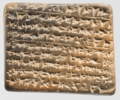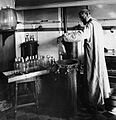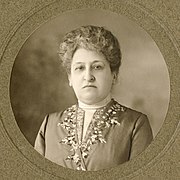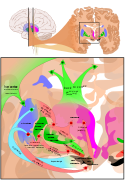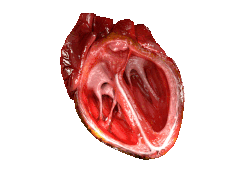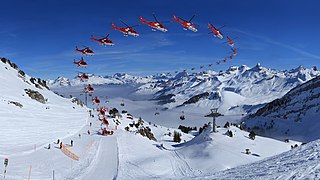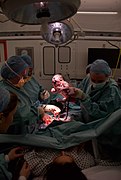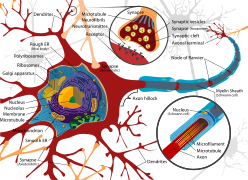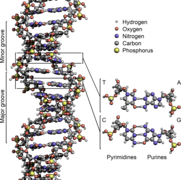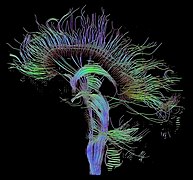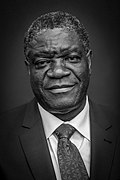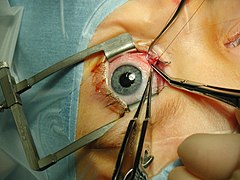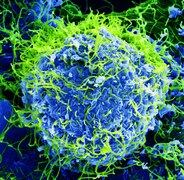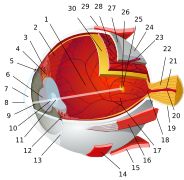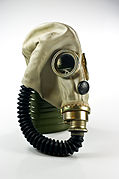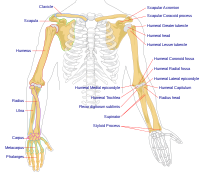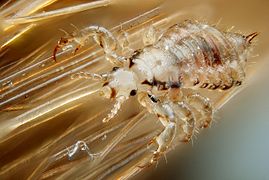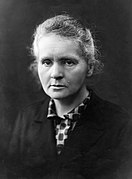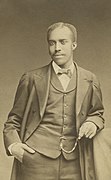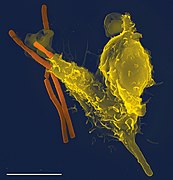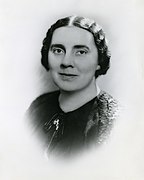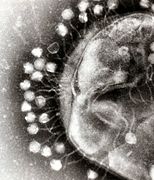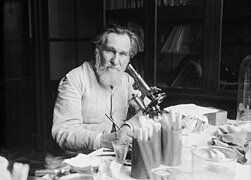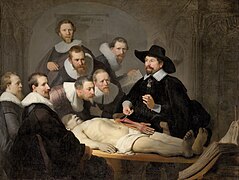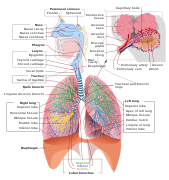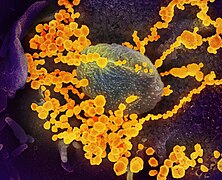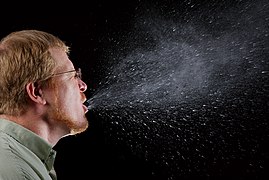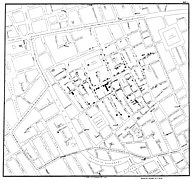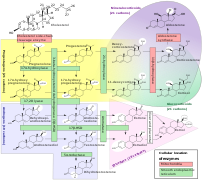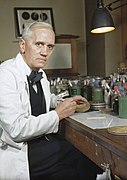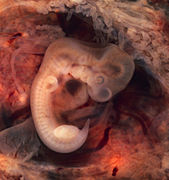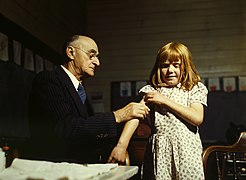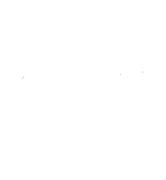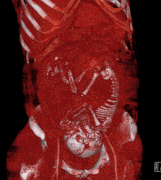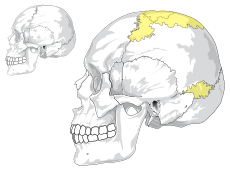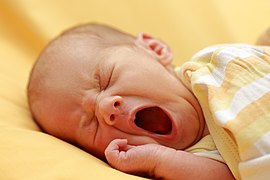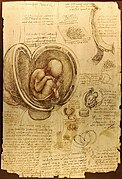Portal:Medicine
The Medicine Portal

Medicine is the science and practice of caring for patients, managing the diagnosis, prognosis, prevention, treatment, palliation of their injury or disease, and promoting their health. Medicine encompasses a variety of health care practices evolved to maintain and restore health by the prevention and treatment of illness. Contemporary medicine applies biomedical sciences, biomedical research, genetics, and medical technology to diagnose, treat, and prevent injury and disease, typically through pharmaceuticals or surgery, but also through therapies as diverse as psychotherapy, external splints and traction, medical devices, biologics, and ionizing radiation, amongst others.
Medicine has been practiced since prehistoric times, and for most of this time it was an art (an area of creativity and skill), frequently having connections to the religious and philosophical beliefs of local culture. For example, a medicine man would apply herbs and say prayers for healing, or an ancient philosopher and physician would apply bloodletting according to the theories of humorism. In recent centuries, since the advent of modern science, most medicine has become a combination of art and science (both basic and applied, under the umbrella of medical science). For example, while stitching technique for sutures is an art learned through practice, knowledge of what happens at the cellular and molecular level in the tissues being stitched arises through science.
Prescientific forms of medicine, now known as traditional medicine or folk medicine, remain commonly used in the absence of scientific medicine and are thus called alternative medicine. Alternative treatments outside of scientific medicine with ethical, safety and efficacy concerns are termed quackery. (Full article...)
Selected image –

Photo credit: James Hicks, United States Centers for Disease Control and Prevention (public domain)
WikiProject

Get involved by joining WikiProject Medicine. We discuss collaborations and all manner of issues on our talk page.
Related portals
Did you know –
- ...Oral rehydration therapy (ORT) is a simple, cheap, and effective treatment for diarrhea-related dehydration? It is used around the world, but is most important in the Developing countries, where it saves millions of children from diarrhea— the second leading cause of death (after pneumonia) in children under five. According to The Lancet (1978), ORT is "potentially the most important medical discovery of the 20th century".
- ...Arsenic in the form of potassium arsenite was used even in the second half of the 20th century for psoriasis, and in the form of arsenic trioxide was approved in 2000 by the FDA for the treatment of acute promyelocytic leukemia that is resistant to ATRA?
- ...the term "dengue" is a Spanish attempt at the Swahili phrase "ki denga pepo", meaning "cramp- like seizure caused by an evil spirit"? "Beriberi" on the other hand, originates from the Sinhala (Sri Lankan) language meaning "I cannot, I cannot".
General images –
More Did you know (auto generated)

- ... that fourteenth-century Buddhist monk Tuệ Tĩnh is referred to as a founding father of traditional Vietnamese medicine?
- ... that Tang Zonghai was one of the first advocates for the integration of Chinese and Western medicine?
- ... that a lack of screening for pregnant women with syphilis in sub-Saharan Africa is associated with increased infant mortality?
- ... that Constance Fozzard was told during her surgical training that women with children could not become consultants?
- ... that Frederick Warren Freer switched from studying medicine to art after becoming partially deaf?
- ... that Margaret C. Roberts was encouraged to study medicine by LDS Church leader Brigham Young to reduce mortality rates during childbirth?
Topics
Categories
Recognized content
Associated Wikimedia
The following Wikimedia Foundation sister projects provide more on this subject:
-
Commons
Free media repository -
Wikibooks
Free textbooks and manuals -
Wikidata
Free knowledge base -
Wikinews
Free-content news -
Wikiquote
Collection of quotations -
Wikisource
Free-content library -
Wikiversity
Free learning tools -
Wiktionary
Dictionary and thesaurus



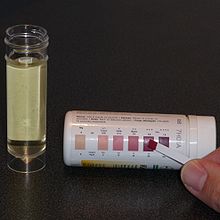
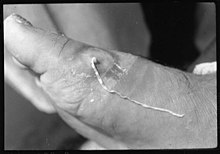




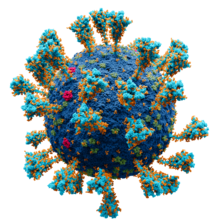







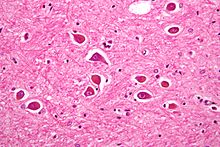



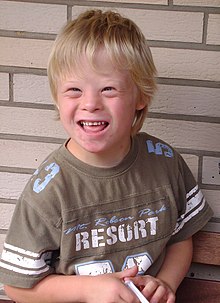

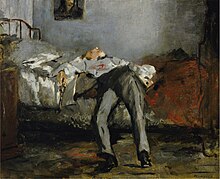
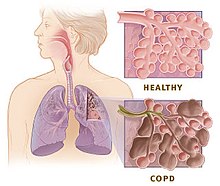
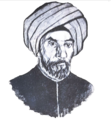

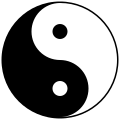








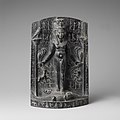










![Image 24Global concentrations of health care resources, as depicted by the number of physicians per 10,000 individuals, by country. Data is sourced from a World Health Statistics 2010, a WHO report.[needs update] (from Health care)](http://upload.wikimedia.org/wikipedia/commons/thumb/1/1f/Global_physician_density_map_-_WHO_2010.png/120px-Global_physician_density_map_-_WHO_2010.png)









